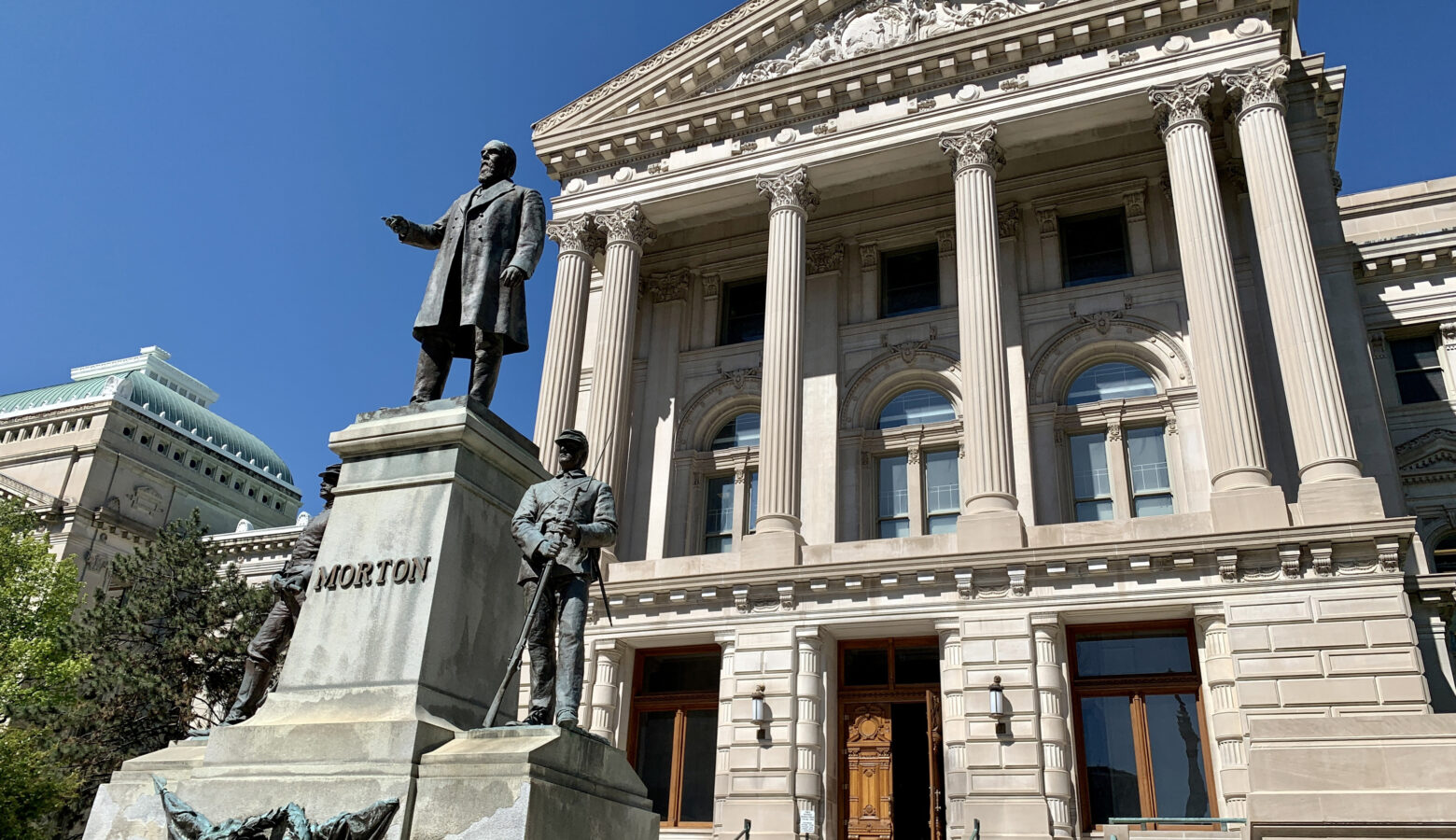What is in Indiana’s proposed abortion legislation? A legal expert has some answers

Many listeners have questions about what abortion rights in Indiana will look like going forward. And now that Republican lawmakers have unveiled their proposed abortion ban, we’re starting to get potential clarity.
Indiana University Maurer School of Law professor Jody Madeira answered some of the most common questions IPB News received.
How will Indiana deal with rape, incest and medical emergencies for the pregnant person?
The proposed abortion ban includes exceptions. It would allow abortions in cases of rape and incest and does not require a person to be charged with rape or incest for someone to access abortion.
The other exception allows abortions when it’s considered necessary to prevent “substantial permanent impairment” of the life of the pregnant person.
Madeira noted that the bill does not define “substantial permanent impairment.” She said doctors face uncertainty in those cases.
How will mailed prescription pills be addressed?
The bill doesn’t allow someone to access abortion-inducing drugs through the mail.
However, Madeira said that provision is “fairly unenforceable.”
“Unless they open the mail of every woman in this state,” Madeira said. “Because these pills are not going to come in envelopes that say ‘Abortion pills inside. Do not look, state authorities.’”
Madeira said it’s also unlikely Indiana would be able to prosecute companies in other states or even other countries that mail abortion-inducing drugs to Hoosiers.
Will the law punish people who assist pregnant people in getting to states with abortion rights?
Indiana’s proposed legislation does not include any penalties for people who assist others in traveling to states to access abortion. Senate President Pro Tem Rodric Bray (R-Martinsville) said that was not “good policy.”
Join the conversation and sign up for the Indiana Two-Way. Text “Indiana” to 73224. Your comments and questions in response to our weekly text help us find the answers you need on statewide issues.
Will the topic of fetal abnormalities be addressed?
The bill allows an abortion when the fetus has no chance of surviving outside the womb.
“It doesn’t say ‘no chance at quality of life,'” Madeira said. “It just says no chance at life. So, basically, the fetus cannot live until birth or cannot live after.”
The bill also expressly allows procedures to remove a dead fetus from a person’s body.
Will the law affect access to contraception, in vitro fertilization and treatment of miscarriages?
Sen. Sue Glick (R-LaGrange), the bill’s author, said explicitly that the bill will not affect access to contraception or the morning after pill, also known as Plan B.
“This bill does not affect treatment of miscarriages, treatment of ectopic pregnancies,” Glick said. “It does not affect in vitro fertilization procedures.”
Madeira said the bill is clear on this topic.
“It defines abortion as taking place after implantation,” Madeira said. “Of course, that does not apply to frozen embryos or fresh embryos that have not been transferred into a woman’s uterus and have not had the opportunity to implant.”
Madeira said, similarly, the bill does not ban the use of Plan B because that medication is used before implantation.
Madeira did note that the measure could be clearer on allowing treatment of miscarriages. That’s because some medications used for miscarriages are used in abortions and may be more difficult to access.
Contact reporter Brandon at bsmith@ipbs.org or follow him on Twitter at @brandonjsmith5.

